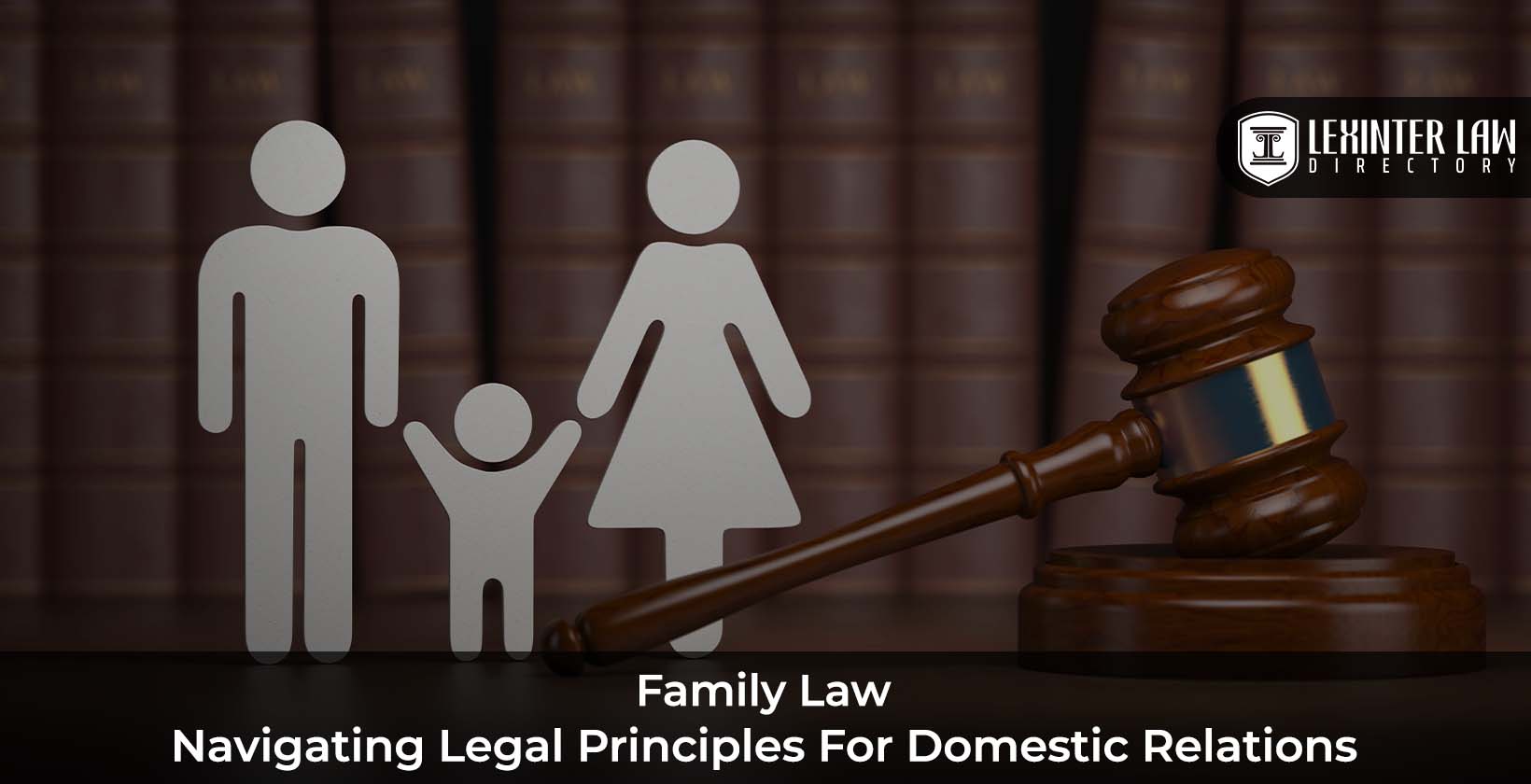.
Car Accidents in Pennsylvania: What You Need to Know
Car accidents are a common occurrence in Pennsylvania, and they can be a very stressful and confusing experience. If you’re involved in a car accident, it’s important to know what to do to protect your safety and your legal rights.
What to Do After a Pennsylvania Car Accident: A Comprehensive Guide
It can be very overwhelming getting into a car crash. These steps will help you protect yourself and be prepared for the insurance companies and police report:
**1. Stay Calm and Ensure Your Safety**
If you’re involved in a car accident, the first thing you should do is stay calm and ensure your safety. Check yourself for injuries, and then check your passengers. If you’re able to move around, get out of your car and move to a safe location away from traffic. If you have a cell phone, call 911 immediately. If you’re unable to move around, stay in your car and wait for help to arrive. The first few moments after a car accident can be chaotic, so it’s important to stay calm and collected. This will help you make the best decisions for yourself and your passengers.
**2. Exchange Information and Gather Evidence**
Once you’ve ensured your safety, you should exchange information with the other drivers involved in the accident. This includes your name, address, phone number, insurance information, and license numbers. You should also take pictures of the accident scene, including the damage to both vehicles and any injuries you or your passengers may have sustained. If there are any witnesses to the accident, get their names and contact information as well.
**3. Report the Accident to the Police**
You are required by law to report any car accident to the police if there is any property damage or injuries. The police will investigate the accident and prepare a report. This report will be important for your insurance claim and any potential legal action.
**4. Seek Medical Attention**
Even if you don’t feel injured, it’s important to seek medical attention after a car accident. Some injuries, such as whiplash, may not show up immediately. Seeing a doctor will help ensure that you get the treatment you need and document your injuries for insurance purposes.
**5. Contact Your Insurance Company**
You should contact your insurance company as soon as possible after a car accident. They will be able to help you file a claim and get your car repaired or replaced.
**6. Get Legal Advice**
If you’ve been seriously injured in a car accident, you may want to consider getting legal advice. An attorney can help you understand your rights and options, and can represent you in court if necessary.
Car Accidents in Pennsylvania: A Guide to Seeking Medical Attention
Car accidents are a common occurrence in Pennsylvania, with thousands of people injured or killed each year. If you’re involved in a car accident, it’s important to seek medical attention immediately, even if you don’t think you’re injured. Some injuries, such as whiplash, may not be immediately apparent, but they can have serious long-term consequences.
Seeking Medical Attention
In the immediate aftermath of a car accident, it’s easy to be confused and overwhelmed. But it’s important to stay calm and take the following steps:
- Check for injuries. First, check yourself for injuries. Then, check your passengers and anyone else involved in the accident. If anyone is bleeding, has broken bones, or is unconscious, call 911 immediately.
- Move to safety. If possible, move your car to a safe location out of the flow of traffic. This will help prevent further accidents and make it easier for emergency responders to reach you.
- Call the police. Even if the accident is minor, it’s important to call the police so they can file a report. This report will be helpful if you need to file an insurance claim or take legal action.
- Get medical attention. Even if you don’t think you’re injured, it’s important to get checked out by a doctor. Some injuries, such as whiplash, may not be immediately apparent, but they can have serious long-term consequences.
Types of Injuries
Car accidents can cause a wide range of injuries, including:
- Head injuries: Head injuries can range from mild concussions to severe traumatic brain injuries. Symptoms of a head injury can include headache, nausea, vomiting, dizziness, and confusion.
- Neck injuries: Neck injuries, such as whiplash, can occur when your head is suddenly jerked backward and then forward. Symptoms of whiplash can include neck pain, stiffness, and headaches.
- Back injuries: Back injuries can range from minor sprains to serious spinal cord injuries. Symptoms of a back injury can include back pain, stiffness, and numbness or weakness in the legs or arms.
- Chest injuries: Chest injuries can include broken ribs, collapsed lungs, and heart damage. Symptoms of a chest injury can include chest pain, shortness of breath, and coughing up blood.
- Abdominal injuries: Abdominal injuries can include internal bleeding, organ damage, and lacerations. Symptoms of an abdominal injury can include abdominal pain, tenderness, and nausea.
Preventing Car Accidents
There are a number of things you can do to help prevent car accidents, including:
- Pay attention to the road. Avoid driving while distracted by cell phones, texting, or other activities.
- Obey the speed limit. Speeding is one of the leading causes of car accidents.
- Don’t drive under the influence of alcohol or drugs. Alcohol and drugs impair your judgment and reaction time, making you more likely to cause an accident.
- Wear your seat belt. Seat belts save lives. Make sure you and your passengers are always buckled up.
Steps to Take After a Car Accident in Pennsylvania
Being involved in a car accident can be a frightening and stressful experience. It’s important to know what steps to take to protect yourself and your rights. Here’s a guide to help you navigate the aftermath of a car accident in Pennsylvania:
Exchanging Information with Other Drivers
One of the first things you should do after a car accident is exchange information with the other drivers involved. This includes your name, address, phone number, insurance company, policy number, and license number. This information will be imperative for ensuring that responsibilities can be determined and claims can be processed. Keep in mind that you should only exchange information. Do not make any admissions of fault or discuss the accident in detail.
Documenting the Accident Scene
Once you’ve exchanged information, take some time to document the accident scene. This includes taking pictures of the damage to your vehicle and the other vehicle(s), as well as the surrounding area. If there are any witnesses, be sure to get their names and contact information. While memories can fade over time, quality photographs can clearly establish what happened and where.
Reporting the Accident to the Police
In Pennsylvania, you are required to report any car accident to the police if there is property damage, injury, or death. The police will investigate the accident and prepare a report. This report will be helpful if you need to file an insurance claim or take legal action. If the investigating officer seems biased, you should politely ask for a supervisor.
Car Accidents in Pennsylvania
With Pennsylvania’s bustling cities, sprawling suburbs, and winding country roads, car accidents are an unfortunate reality. Understanding what to do in the event of an accident is essential for protecting your rights and safety.
Reporting the Accident to the Police
In Pennsylvania, you’re legally obligated to report any accident that results in injuries or property damage exceeding $2,000 to the police. Failure to do so can result in fines or even jail time. Reporting the accident promptly ensures that an official record is created, which can be crucial for insurance claims and legal proceedings.
Exchanging Information
After the police arrive, exchange information with the other driver(s) involved. This includes names, addresses, phone numbers, insurance policy numbers, and license plate numbers. It’s also important to take photos of the damage to all vehicles involved, as well as any visible injuries.
Seeking Medical Attention
Even if you don’t feel injured, it’s crucial to seek medical attention after a car accident. Some injuries, such as whiplash or concussions, may not manifest immediately. A medical examination can also provide documentation of your injuries, which can be helpful for insurance claims and legal disputes.
Documenting the Scene
In addition to exchanging information and seeking medical attention, take steps to document the accident scene. This can include taking photographs, noting the location and time of the accident, and getting the names and contact information of any witnesses. These details can provide valuable evidence in the event of an insurance claim or lawsuit.
Contacting Your Insurance Company
Promptly notify your insurance company about the accident. They will guide you through the claims process and help you determine the extent of your coverage. It’s important to provide them with as much information as possible, including the police report, medical records, and photographs of the damage.
Protecting Your Rights
Following these steps can help you protect your rights and well-being after a car accident. Remember to stay calm, cooperate with the authorities, and seek legal advice if necessary. Understanding the process and your legal responsibilities can ensure that you receive fair compensation for your injuries and damages.
Car Accidents in Pennsylvania: A Guide to Navigating the Legal Process
Car accidents are a common occurrence in Pennsylvania, and they can be a traumatic experience for everyone involved. If you’ve been in a car accident, it’s important to know your rights and the steps you need to take to protect yourself. Here’s a comprehensive guide to help you navigate the legal process after a car accident in Pennsylvania.
Gathering Evidence
One of the most important things you can do after a car accident is to gather evidence. This evidence can help you prove your case if you decide to file a claim. Here are some tips for gathering evidence:
- Take pictures of the accident scene, including the damage to your car, the other vehicles involved, and the surrounding area.
- Take pictures of your visible injuries, even if they seem minor.
- Get the names and contact information of any witnesses who saw the accident.
- If possible, get a copy of the police report.
Filing a Claim
If you’ve been injured in a car accident, you may be able to file a claim with the at-fault driver’s insurance company. To file a claim, you’ll need to provide the insurance company with information about the accident, your injuries, and your damages.
The insurance company will investigate your claim and make a decision about whether or not to pay you benefits. If the insurance company denies your claim, you may have the right to file a lawsuit.
Hiring an Attorney
If you’ve been seriously injured in a car accident, you may want to consider hiring an attorney. An attorney can help you gather evidence, file a claim, and negotiate with the insurance company on your behalf.
An attorney can also represent you in court if you decide to file a lawsuit. Having an experienced attorney on your side can increase your chances of getting a fair settlement.
Getting Medical Treatment
If you’ve been injured in a car accident, it’s important to seek medical treatment as soon as possible. Even if your injuries seem minor, it’s important to get checked out by a doctor to rule out any serious injuries.
Medical treatment can also help you document your injuries and strengthen your claim for damages.
Emotional and Physical Recovery
After a car accident, it’s important to take care of your physical and emotional health. This may mean seeing a doctor, attending physical therapy, or talking to a therapist.
It’s also important to be patient during the recovery process. It may take time to heal from your injuries, both physically and emotionally.
Car Accidents in Pennsylvania: Critical Steps to Take
Introduction:
Car accidents are an unfortunate reality on Pennsylvania roadways. They can leave victims with severe injuries, financial burdens, and emotional trauma. If you’ve been involved in a car accident, understanding your legal rights and taking prompt action is essential to protect your interests. Here’s a comprehensive guide to help you navigate the complexities of car accident law in Pennsylvania.
1. Safety First:
Immediately pull over if possible, turn on your hazard lights, and call 911 to report the accident. Check for injuries among yourself and passengers, and assist others if necessary.
2. Exchange Information:
Obtain contact information from the other driver(s) involved, including their name, address, phone number, insurance carrier, and policy number. Take photos of the vehicles, license plates, and any visible damage.
3. Get Medical Attention:
Even if injuries don’t appear severe, seek medical attention as soon as possible. Some injuries, such as whiplash or internal bleeding, may not be immediately apparent.
4. Report the Accident:
Within 15 days, file an accident report with the Pennsylvania Department of Transportation (PennDOT). This report provides documentation of the accident and is required for insurance purposes.
5. Notify Your Insurance Company:
Inform your insurance carrier about the accident as soon as possible. They will investigate the claim and help you file a report.
Protecting Your Legal Rights
If you’ve been injured in a car accident, it’s crucial to protect your legal rights. Contact an experienced personal injury attorney who specializes in car accident cases. They can:
- Discuss your legal options, including filing a claim against the at-fault driver’s insurance company or pursuing a lawsuit
- Gather evidence to support your claim
- Negotiate a fair settlement
- Represent you in court, if necessary
6. Common Car Accident Injuries
Car accidents can result in a wide range of injuries, including:
- Whiplash
- Broken bones
- Head and neck injuries
- Spinal cord injuries
- Traumatic brain injuries
- Internal bleeding
- Burns
- Lacerations
The severity and treatment of these injuries can vary significantly, depending on the type of accident and the individual’s health.
Insurance Coverage
Pennsylvania follows a "fault" system for car accidents, meaning that the driver who caused the accident is financially responsible for the damages. Most drivers in Pennsylvania carry liability insurance, which provides coverage for bodily injury and property damage caused by their negligence.
Conclusion:
Car accidents can be life-altering events. By understanding your legal rights and taking prompt action, you can protect yourself and your loved ones. Remember, you’re not alone. Seek professional help from an experienced personal injury attorney if you’ve been injured in a car accident. They can guide you through the legal process and fight for your rights.




Leave a Reply